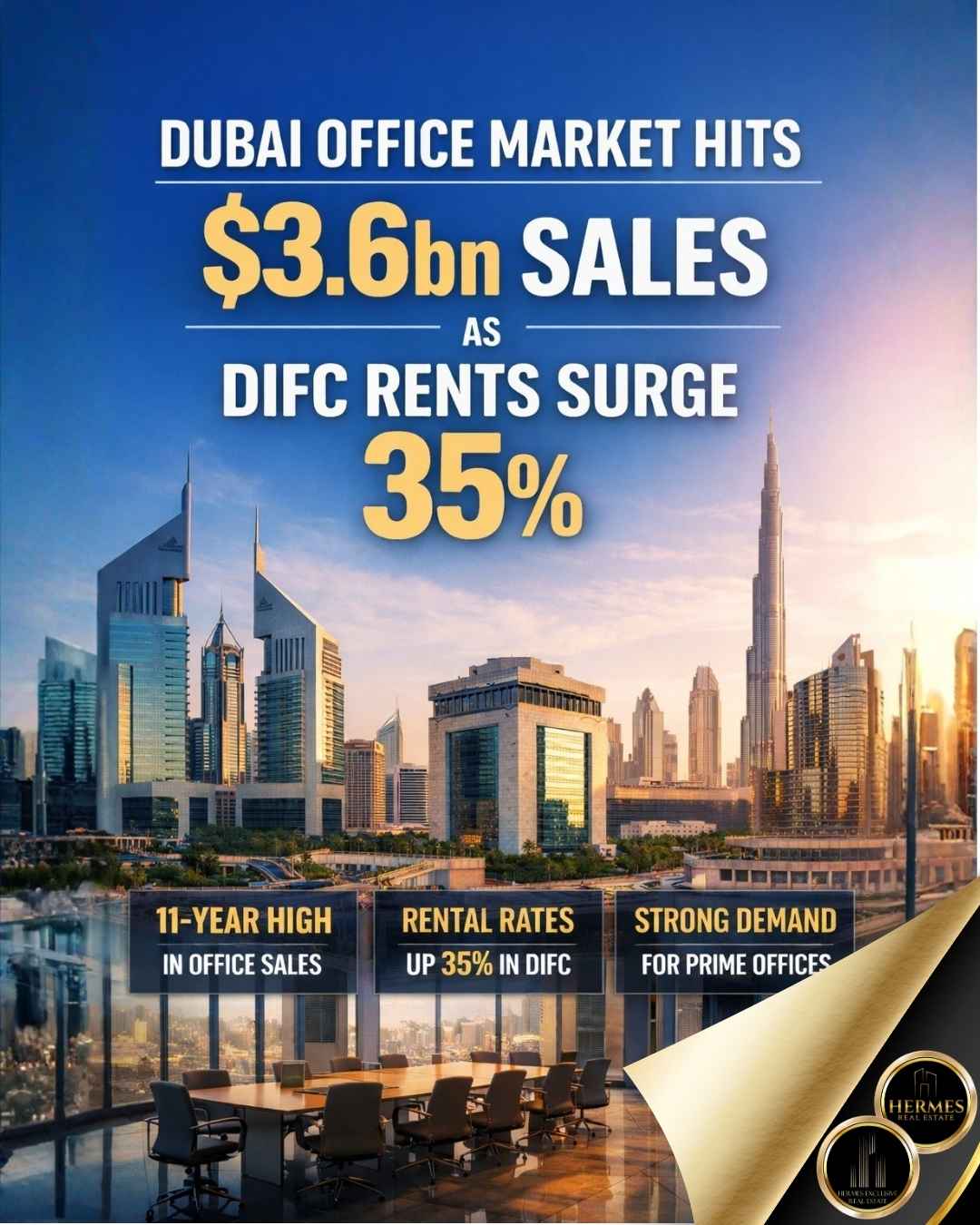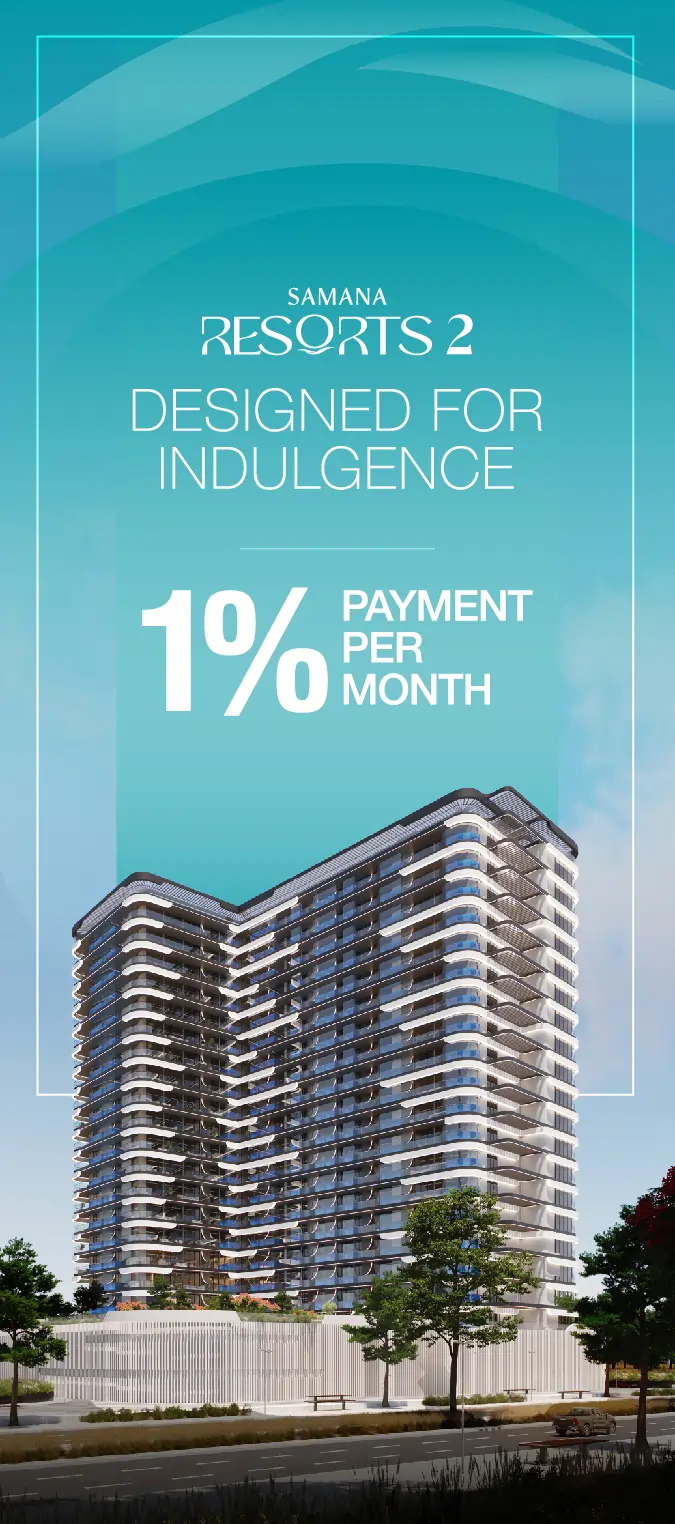Dubai’s rental market is changing and it’s not just about higher or lower rents anymore. More residents are starting to ask: Should I keep renting, or is it finally time to buy?
Bayut’s H1 2025 Rental Market Report shows that tenants are rethinking their options as the market stabilises, new communities open up, and government initiatives make homeownership easier than ever.
What’s Happening in Dubai’s Rental Market?
- Rents are stabilising: After huge rent hikes in 2024 (some areas saw jumps of over 50%!), growth has slowed down in 2025.
- Affordable areas still in demand: Places like Al Nahda, Bur Dubai, and International City are attracting working professionals and new residents.
- Mid-tier hotspots: JVC, Business Bay, and Al Barsha remain popular thanks to family-friendly setups and proximity to work hubs.
- Luxury rentals cooling off: Some luxury villas and apartments saw slight rent drops (1%–9%), even as sale prices for the same properties increased.
What this means: Tenants now have more negotiating power and more choice, especially with so many new homes being handed over.
Why Tenants Are Rethinking Renting
For years, renting was the default in Dubai. But now:
- Sale prices are rising in the same areas where rents are cooling.
- Government programmes, like the First-time Homeowner Initiative, are making buying easier with:
- Lower registration fees
- Simplified mortgage processes
- Verified, transparent property listings
As Haider Ali Khan, CEO of Bayut & dubizzle, puts it:
“Tenants are thinking long-term, weighing up rental options against homeownership more seriously than ever before.”
A Real-Life Example
Meet Sara, a marketing professional who has rented in Business Bay for 6 years.
- Her two-bedroom apartment costs AED 115,000 per year in rent.
- She discovers that a similar apartment in her building is selling for AED 1.8M.
- With the new First-time Homeowner Initiative and a mortgage spread over 25 years, Sara’s monthly payments could be similar to her current rent but this time, she’s building equity instead of paying her landlord.
This kind of calculation is what’s nudging many long-term renters to seriously consider buying.
What Landlords Should Know
With tenants looking at ownership more seriously, landlords will need to offer more value to keep them renting. Popular features include:
- Flexible lease terms
- Semi-furnished or upgraded units
- Energy-efficient homes
- Communities with gyms, co-working spaces, and pet-friendly policies
Newer buildings with these amenities are in high demand, while older properties risk losing tenants unless upgraded or competitively priced.
What’s Next for Dubai’s Rental Market?
- Over 81,000 new homes are expected to be delivered in 2025, which means more supply and more options for renters and buyers alike.
- Renting won’t disappear; many will still prefer the flexibility it offers but ownership is quickly becoming a serious alternative.
- The market is moving toward balance and maturity, where renting and owning coexist as real choices, not just stepping stones.
Bottom Line
Dubai’s rental market is evolving.
- For tenants, this means more power, better choices, and a real opportunity to step onto the property ladder.
- For landlords, it means adapting to a new reality where tenants are no longer just “temporary.”
- For investors, it signals a market that’s stabilising, transparent, and primed for long-term growth.
Whether you’re renting your first studio, upgrading to a villa, or considering your forever home, 2025 might just be the year to take a closer look at the numbers and decide what truly works best for you.





